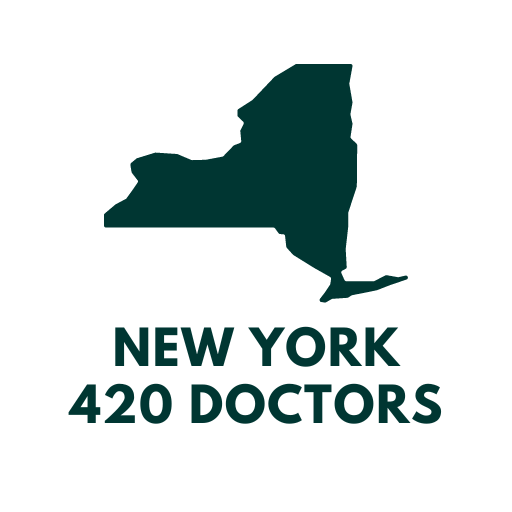Marijuana has been legalized for both medical and recreational use in New York, making it one of the most progressive states in terms of cannabis legislation. The road to legalization has been a long one, culminating in the passage of the Marijuana Regulation and Taxation Act (MRTA) in 2021, which allows adults to legally use and possess cannabis for personal consumption. However, as with any substance, there are specific rules and regulations that must be followed to ensure compliance with state law. This article provides an in-depth look at the current legal status of marijuana in New York, outlining what is permitted for both medical and recreational users.
Timeline of Legalization in New York
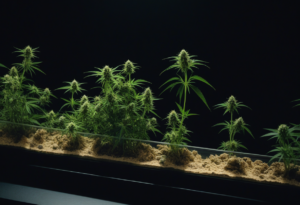
New York first legalized medical marijuana in 2014 under the Compassionate Care Act, which permitted patients with qualifying medical conditions to use cannabis for therapeutic purposes. However, access was limited, and only certain forms of cannabis (such as oils and tinctures) were available at the time. Over the years, the program expanded, allowing for more products and easier access for patients.
The most significant shift came in March 2021 when Governor Andrew Cuomo signed the MRTA, legalizing adult-use recreational cannabis across the state. This law made it legal for adults over the age of 21 to possess, purchase, and use marijuana for non-medical purposes . The law also included provisions for home cultivation, expungement of past marijuana-related convictions, and social equity programs to ensure that communities disproportionately affected by previous drug laws had opportunities to participate in the new cannabis economy.
Medical Marijuana in New York
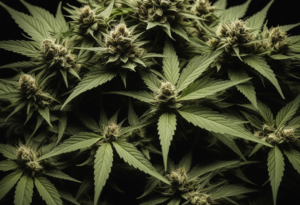
New York’s medical marijuana program is well-established, providing access to cannabis for patients who have received certification from a licensed New York Medical Marijuana Doctor. Patients who qualify for a Medical Marijuana Card New York (MMJ Card NY) can purchase cannabis from state-licensed dispensaries to treat conditions such as chronic pain, epilepsy, cancer, and PTSD, among others.
To become a medical marijuana patient in New York, you must be diagnosed with a qualifying condition and obtain a recommendation from a registered healthcare provider. Once certified, patients can apply for an NY Marijuana Card, which allows them to purchase cannabis products such as oils, capsules, tinctures, and edibles. Smoking cannabis was initially prohibited under the program, but recent changes have allowed for more flexibility, including the use of whole flower.
Additionally, medical marijuana patients and caregivers are allowed to grow cannabis at home under specific regulations. Each patient can cultivate up to six plants (three mature and three immature), with a limit of 12 plants per household if multiple patients live at the same residence.
Recreational Marijuana in New York
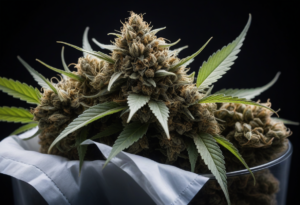
Recreational marijuana use became legal in New York under the MRTA, marking a significant shift for cannabis users across the state. Adults aged 21 and older can now legally possess and consume marijuana. The law allows individuals to possess up to three ounces of cannabis flower or 24 grams of concentrated cannabis, such as oils or edibles.
However, while possession and use are legal, the state is still in the process of rolling out licensed recreational dispensaries. It is expected that recreational dispensaries will continue to open as the state issues more licenses to retailers. Currently, individuals can purchase marijuana from licensed medical dispensaries or wait until more recreational dispensaries become available.
For recreational users, home cultivation is permitted, but not until 18 months after the first licensed dispensary opens. Once fully implemented, recreational users will be able to grow up to six plants (three mature and three immature) per household.
Possession and Consumption Rules
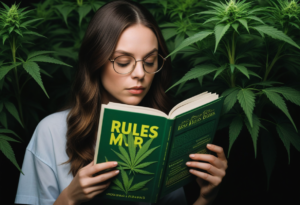
In New York, both medical and recreational cannabis users are allowed to possess marijuana, but there are limits on the amount you can carry. For recreational users, the legal limit is three ounces of flower or 24 grams of concentrated cannabis, like oils or edibles. Exceeding these limits can lead to fines or criminal penalties.
Consumption of cannabis is allowed in private homes and in certain designated public spaces where smoking is permitted, such as tobacco-friendly areas. However, smoking or consuming cannabis in public places like parks, schools, or inside vehicles is strictly prohibited. Public consumption in these areas can result in a fine.
Medical marijuana patients are allowed to possess a 60-day supply of cannabis based on the doctor’s prescription. It’s essential for both recreational and medical users to follow state guidelines to avoid legal trouble.
Buying Cannabis from Legal Dispensaries
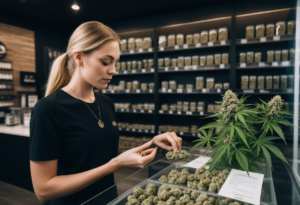
The New York cannabis industry is tightly regulated to ensure the safety and quality of the products sold. Medical marijuana patients can purchase their cannabis from licensed dispensaries, while recreational users will eventually have access to licensed retail shops as the market continues to expand.
The Office of Cannabis Management (OCM) provides a full list of licensed dispensaries on its official website, ensuring that consumers can easily find a legal and reputable place to buy their cannabis. Each product sold at a licensed dispensary must meet strict standards for testing and safety, giving consumers peace of mind that the cannabis they are buying is free from harmful chemicals and contaminants.
It’s important to avoid purchasing cannabis from unlicensed vendors, as these products are not subject to the same safety regulations and could contain harmful substances. The state has launched the “Why Buy Legal New York” campaign to educate consumers about the benefits of purchasing legal cannabis, emphasizing the importance of supporting the regulated industry.
Traveling with Cannabis in New York
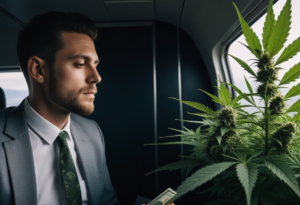
Traveling with cannabis within New York is allowed, as long as you stay within the legal possession limits. However, transporting cannabis across state lines is illegal under federal law, even if you are traveling to another state where marijuana is legal. Doing so can result in serious legal consequences, including criminal charges.
If you are a medical marijuana patient, you are allowed to carry your cannabis with you as long as it is for personal use and within state limits. However, consuming cannabis while driving or riding in a vehicle is prohibited, and being caught under the influence while driving can result in a DUI charge.
Penalties for Violating Cannabis Laws
Despite the legalization of marijuana in New York, there are still penalties for violating the state’s cannabis laws. Some of the key penalties include:
•Exceeding possession limits: Possessing more than the legal limit (three ounces of flower or 24 grams of concentrate) can lead to fines and possible jail time.
•Illegal sales: Selling marijuana without a proper license is a serious offense, punishable by large fines and imprisonment.
•Public consumption: Smoking or consuming marijuana in prohibited areas can result in a $50 fine for each offense.
Repeat violations or large-scale offenses, such as illegal distribution or cultivating more than the allowed number of plants, can lead to more severe penalties, including felony charges.
Conclusion
In summary, weed is legal in New York for both medical and recreational use, but users must follow the state’s regulations regarding possession, consumption, and cultivation. Medical marijuana patients can access cannabis through the well-established New York Medical Marijuana Program, while recreational users enjoy the benefits of legal possession and use, with more dispensaries expected to open soon. By staying informed about the evolving cannabis laws, both medical and recreational users can enjoy cannabis safely and legally in New York.

